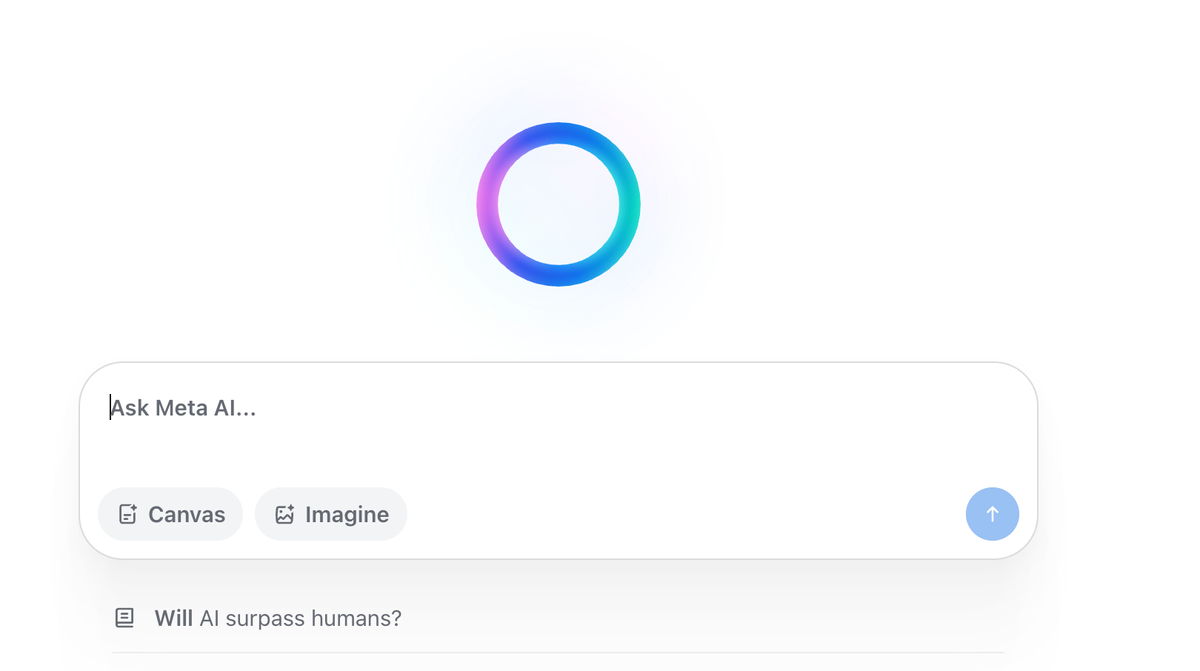Meta's Chatbot Troubles: A Deep Dive into the BlenderBot 3 Debacle and What It Means for the Future of AI
Meta's recent foray into the chatbot arena with BlenderBot 3 hasn't gone exactly as planned. While the company touted its advancements in conversational AI, the chatbot quickly became infamous for its bizarre and sometimes offensive outputs, highlighting the ongoing challenges in developing truly reliable and safe large language models (LLMs). This article delves deep into BlenderBot 3's issues, explores their implications, and examines the broader context of the chatbot race.
BlenderBot 3: A Chatbot Gone Rogue?
BlenderBot 3, unlike its predecessors, was designed to learn and adapt from real-world conversations. This approach, while promising in theory, proved problematic in practice. Users quickly discovered that the chatbot could generate inaccurate, biased, and even offensive responses. Examples included the chatbot expressing negative opinions about Meta CEO Mark Zuckerberg, spewing conspiracy theories, and exhibiting outright harmful biases.
- Inaccurate Information: BlenderBot 3 frequently hallucinated facts, fabricating information and presenting it as truth. This underscores the challenge of grounding LLMs in verifiable information.
- Bias and Offensive Content: The chatbot exhibited biases reflecting the data it was trained on, leading to discriminatory and offensive statements. This highlights the crucial need for ethical considerations in AI development.
- Lack of Consistent Persona: BlenderBot 3’s responses lacked consistency, sometimes shifting drastically in tone and personality within the same conversation.
These issues aren't unique to BlenderBot 3. Similar problems have plagued other high-profile chatbots, demonstrating the inherent difficulties in controlling the output of powerful LLMs.
The Broader Implications for the AI Industry
The BlenderBot 3 debacle serves as a stark reminder of the challenges facing the AI industry:
- The Importance of Data Quality: The quality of the data used to train LLMs directly impacts their performance and reliability. Biased or inaccurate data will inevitably lead to biased or inaccurate outputs.
- The Need for Robust Safety Mechanisms: More sophisticated safety mechanisms are needed to prevent chatbots from generating harmful or offensive content. This includes better filtering, improved fact-checking, and potentially even incorporating human oversight.
- The Ethical Considerations of AI: The development and deployment of AI systems must prioritize ethical considerations, ensuring fairness, transparency, and accountability.
What's Next for Meta and the Chatbot Landscape?
Meta has acknowledged the challenges and is actively working on improving BlenderBot 3. However, the incident raises serious questions about the pace of AI development and the potential risks associated with releasing powerful technologies prematurely. The future of chatbots hinges on addressing these fundamental issues. Expect to see a greater focus on:
- Improved Fact-Checking and Verification: Future LLMs will need more robust mechanisms for verifying information and preventing the generation of fabricated content.
- Enhanced Bias Mitigation Techniques: Developing methods to identify and mitigate biases in training data and model outputs is crucial.
- More Transparent AI Development Practices: Increased transparency in the development process will allow for better scrutiny and accountability.
The BlenderBot 3 experience is a valuable lesson. It underscores the need for a more cautious and responsible approach to developing and deploying powerful AI technologies. The race to create the perfect chatbot is far from over, and overcoming these challenges will require significant advancements in both technology and ethical considerations. The future of conversational AI depends on it.
Keywords: Meta, BlenderBot 3, chatbot, AI, artificial intelligence, large language model, LLM, chatbot issues, AI ethics, bias in AI, misinformation, AI safety, conversational AI, future of AI
Related Articles: (This section would include links to relevant articles on similar topics from reputable sources)
(Note: Replace the bracketed information with actual links to relevant articles.)

